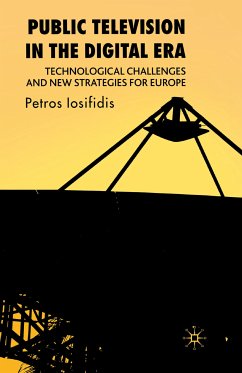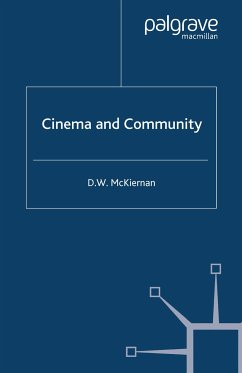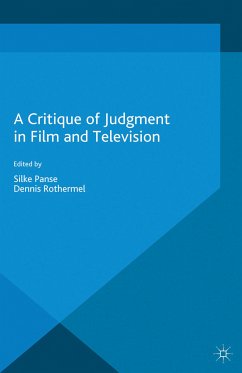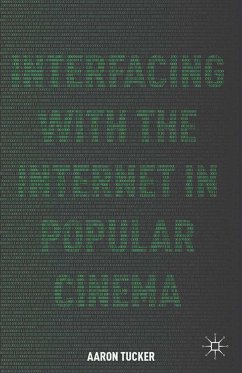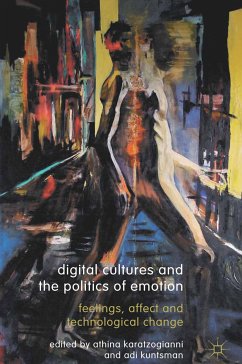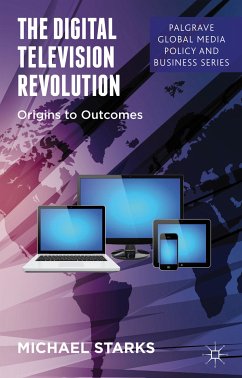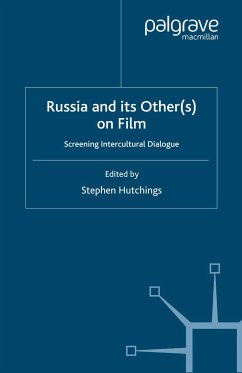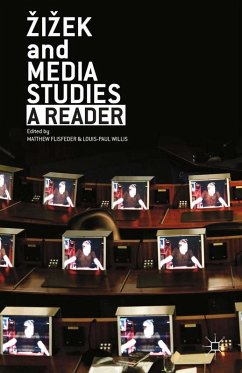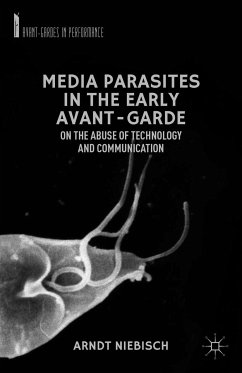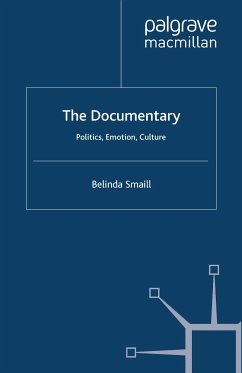
The Documentary (eBook, PDF)
Politics, Emotion, Culture
Versandkostenfrei!
Sofort per Download lieferbar
40,95 €
inkl. MwSt.
Weitere Ausgaben:

PAYBACK Punkte
20 °P sammeln!
Belinda Smaill proposes an original approach to documentary studies, examining how emotions such as pleasure, hope, pain, empathy, nostalgia or disgust are integral both to the representation of selfhood in documentary, and to the way documentaries circulate in the public sphere.
Dieser Download kann aus rechtlichen Gründen nur mit Rechnungsadresse in A, B, BG, CY, CZ, D, DK, EW, E, FIN, F, GR, HR, H, IRL, I, LT, L, LR, M, NL, PL, P, R, S, SLO, SK ausgeliefert werden.



